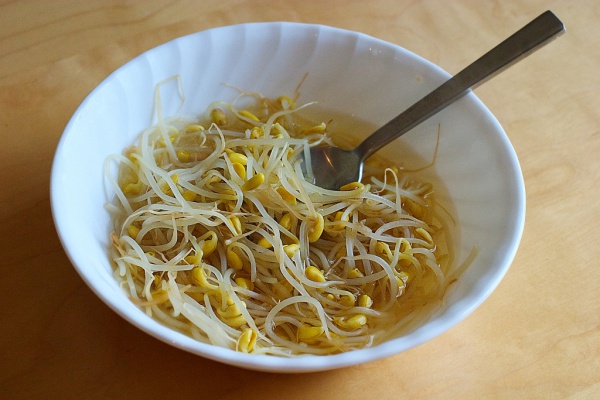Facts About Bean sprout
Sprouting is a captivating natural process where seeds or spores germinate and produce shoots. For mature plants, it signifies the growth of new leaves or buds. Nutritionally, sprouting involves germinating seeds like mung beans and sunflower seeds for consumption, as they are densely packed with nutrients.
A wide variety of seeds can be sprouted for dietary purposes, including pulses, cereals, pseudocereals, oilseeds, and vegetables. The process is straightforward: soak the seeds, rinse them, and allow them to sprout over a few days. The outcome? Sprouts brimming with energy, vitamins, minerals, amino acids, and proteins, making them a nutritional powerhouse.
Sprouting also offers the advantage of reducing anti-nutritional compounds in legumes and enhancing the bioavailability of their nutrients. It improves the protein quality, fiber content, vitamin levels, and mineral absorption of the seeds, significantly boosting their overall nutritional profile.
However, sprouting is not without its risks. Sprouts can sometimes be associated with bacterial contamination, posing potential health concerns. There have been instances where commercially grown sprouts were linked to outbreaks of harmful bacteria. Thus, it is crucial to adhere to guidelines for safe production and consumption. Additionally, some sprouts contain anti-nutritional factors like phytic acid and canavanine, which can be harmful if consumed in large quantities.
To mitigate these concerns, the European Union has implemented regulations to ensure the traceability and safety of seeds and sprouts, particularly after incidents such as the 2011 EHEC epidemic. These regulations focus on the origins of seeds, microbiological standards for sprouts, and hygiene requirements for imported sprouts and seeds.

 North Korea
North Korea